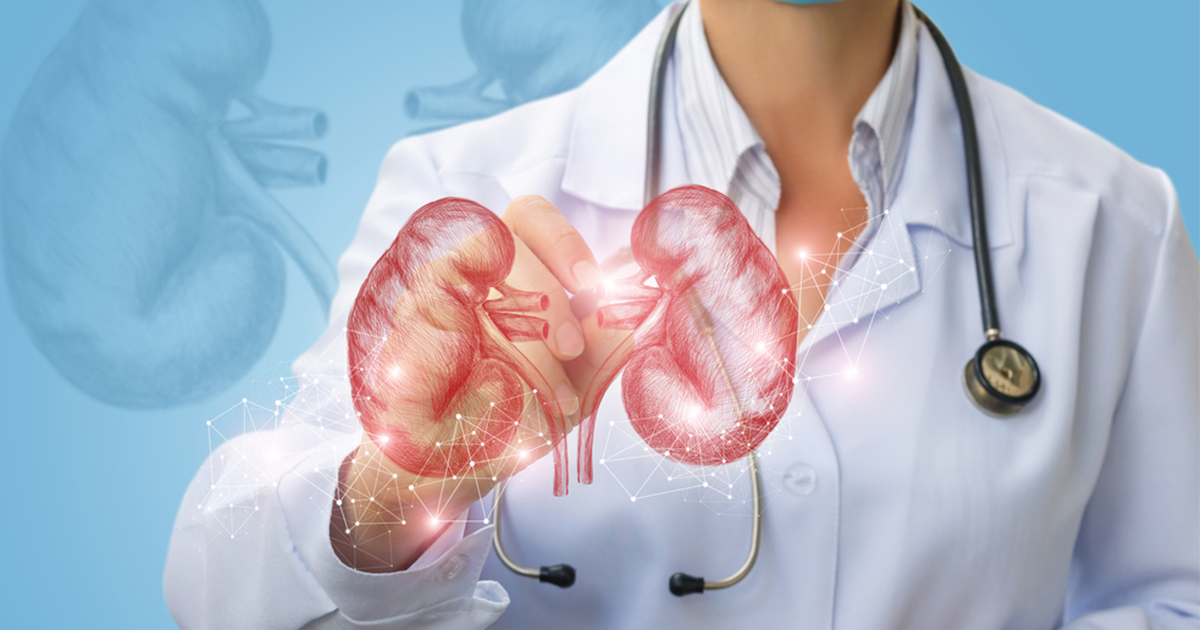Key of Anti-Aging: Kidney Protection

There are many tips about fighting off the aging process, but don’t forget it is not just about the skin. Our kidneys age too.
Several factors not limited to genes, living style, and environmental exposure will affect the aging rate of each organ. Aging is associated with the decline of body function, and the dysfunction in one organ can also implicate other organs’ functions. Research indicated that kidney mass dropped between age 30 – 80, while after age 50, the steepest decline was observed.
Often restriction in blood supply to tissues, injury, high blood pressure levels, and unhealthy weight can stimulate scarring tissue, directly impacting the kidney’s working unit “nephrons .”Even in cases of normal aging kidneys, around 30% of the glomeruli are destroyed by age 75. Impaired filtration ability is also observed for the remaining glomeruli.
Aging is inevitable, but we can embrace it with energy and enthusiasm. Early protection of the kidney can delay the kidney aging process. Calories restriction has shown some benefits in increasing both the median and maximum lifespan in mammals. Other than that, choose DTS for daily maintenance and prevention of kidney and liver problems. It is possible to observe positive changes in certain areas after taking DTS, including physical and mental strength, sleep quality, urine, etc. Daily use of DTS helps achieve health care goals by strengthening kidney and liver health and enhancing vitality. It brings positive effects on preventing aging and the occurrence of severe kidney and liver problems.
- * All research and clinical data should be used as reference purposes only, results may vary.




